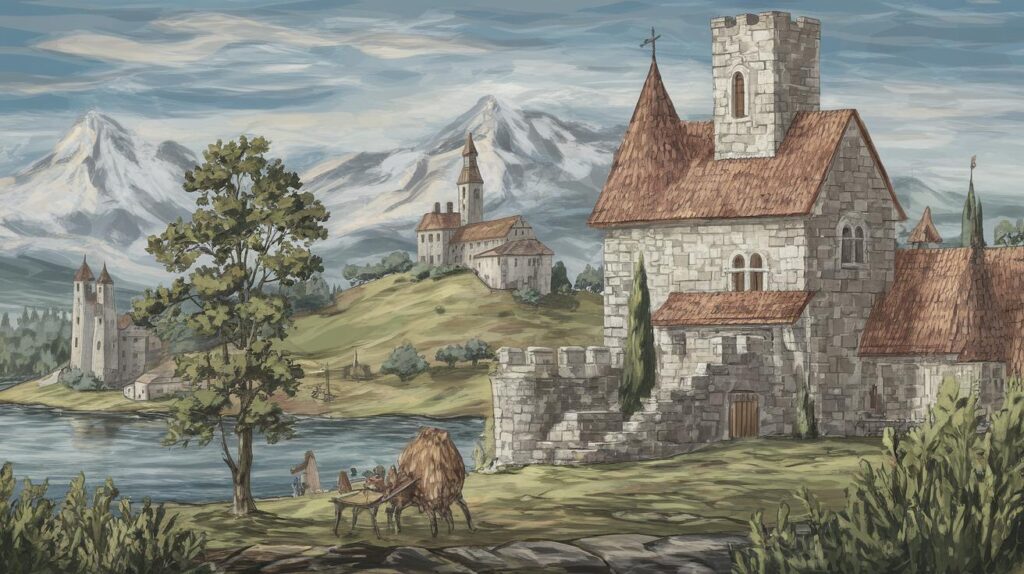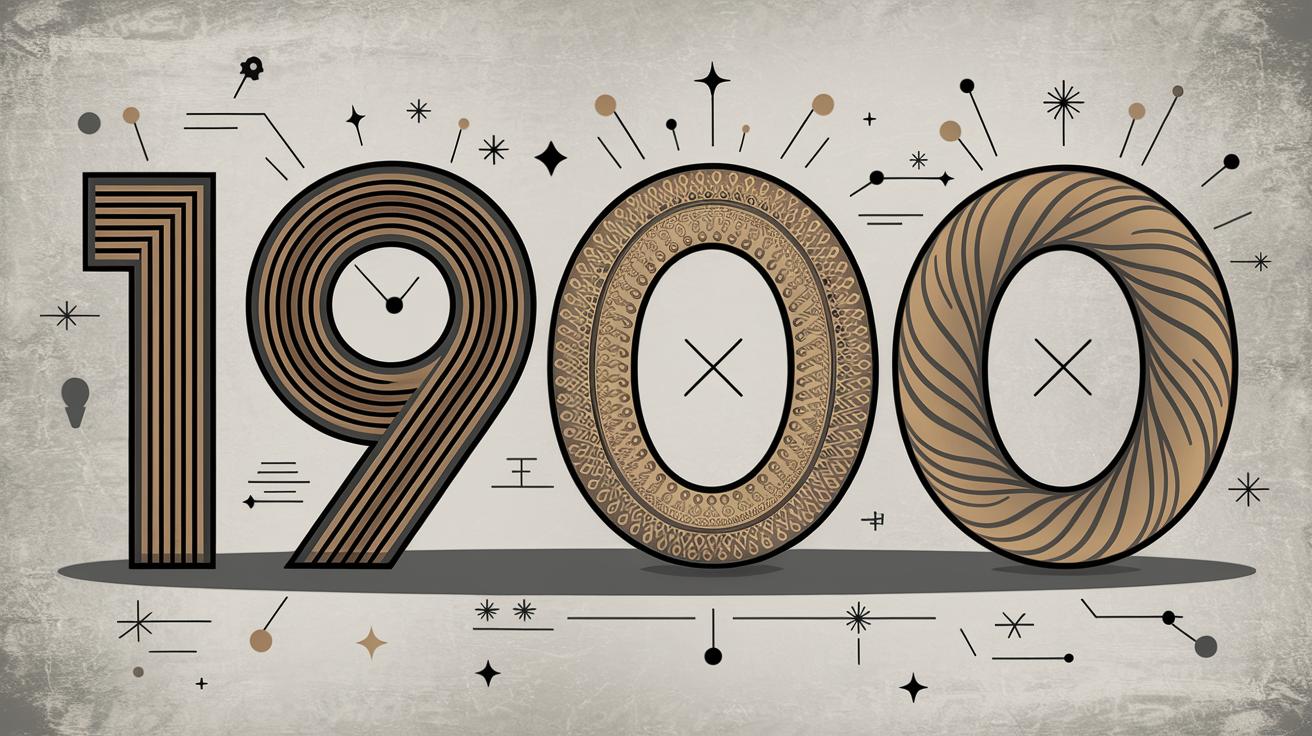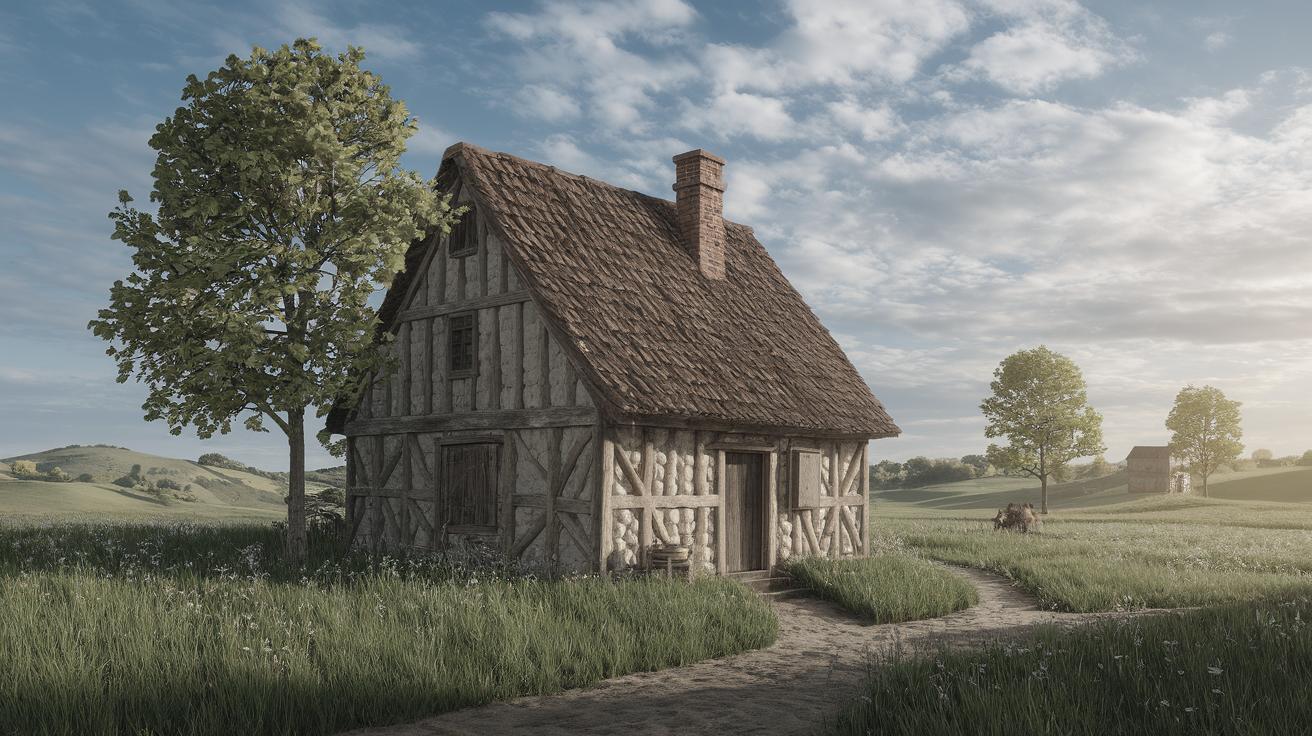Exploring Medieval Surnames and Their Meanings
Medieval surnames offer a fascinating glimpse into the past, reflecting the social, occupational, and geographic contexts of the time. This blog post delves into the origins and meanings of these surnames, particularly those emerging from England, a country rich in historical diversity. By examining this aspect of medieval life, we explore how these names have evolved and influenced modern surnames today. From occupational names like Smith and Baker to toponymic ones like York and Lancaster, medieval surnames provide a narrative that extends far beyond simple identification. Join me as we unravel the stories behind these intriguing designs that continue to shape our identities centuries later.
Medieval Surnames
The concept of surnames emerged during the medieval period as populations grew and identification became more complex. Initially, individuals were known primarily by a single given name, but with expanding communities, this approach led to confusion. Thus, additional identifiers such as place of origin, occupation, or even physical traits were adopted to differentiate between people. This evolution birthed the surnames we use today, meanings often deeply rooted in medieval contexts.
Occupational surnames like Smith, Taylor, and Carpenter reveal the professions of ancestors, while names like Goodchild or Brown reflect personal features or characteristics. Others, such as Hill or Brooke, indicate geographical origins. These surnames are not just relics of the past but living artifacts that continue to connect us to our heritage. They serve as a bridge between the identities of ancestors and the present day, painting a vibrant picture of medieval life.
18 thoughts on “Medieval Last Names from England”
English surnames from the medieval era are as diverse as the history of the Isles themselves. Variability in pronunciation, spelling, and translation due to regional dialects and the lack of standardized spelling at the time means there can be a surprising number of variants for a single surname. Names like Clarke, derived from “cleric” or “clerk,” showcase the occupational origins of names, while others, like Shepherd, bear a direct connection to pastoral life and agricultural societies.
Patronymic names, such as Johnson or Richardson, indicate lineage and are formed by adding a suffix or prefix denoting “son of” or “daughter of.” These names offer insights into the familial structures and societal norms concerning kinship and inheritance practices. English medieval surnames recount the socio-economic conditions, occupational roles, and even geographical expansion of communities during this period.
Post navigation
Navigating through the rich tapestry of medieval surnames requires understanding the multi-faceted roles they played. These surnames were often influenced by the political influences, migrations, and cultural exchanges that characterized medieval Europe. The Norman Conquest, in particular, had a significant impact on English last names, with many Old French names being integrated into English society.
Exploring medieval surnames also involves examining the societal hierarchies and the necessities of identification that arose from evolving governance, taxation, and legal systems. As societies became increasingly complex, surnames transitioned from simple descriptors to sophisticated identifiers reflecting a person’s lineage, occupation, and social status.
WIP Progress
Currently, my work in progress (WIP) involves an in-depth examination of lesser-known medieval surnames, particularly those which have either vanished or significantly transformed over time. This research emphasizes the dynamic nature of language and culture, and how it shapes our understanding of identity through names.
As I delve deeper into archives and historical records, I aim to uncover the forgotten stories behind these unique surnames. Each discovery contributes to a growing understanding of how naming conventions evolved and the way they echoed broader societal trends in medieval England. This ongoing project promises intriguing insights and enriches the narrative of medieval ancestry and identity.
Related Posts
Exploring medieval history offers endless avenues for research and discovery. If you found this discussion on surnames engaging, you may be interested in other related posts. These include articles on the evolution of medieval language, the significance of heraldry, and the role of trade in shaping social structures.
Diving into archives, excavating ancient texts, and examining genealogical records are just a few ways to deepen your understanding of medieval life and its contemporary impact. Each of these related topics intersects with the discussion around surnames, weaving together the complex history of medieval society.
Share this:
If this exploration into medieval surnames piqued your interest, consider sharing this post with fellow history enthusiasts or family members who enjoy unraveling the layers of their ancestral past. Sharing knowledge not only helps preserve history but also fosters discussions that can lead to new interpretations and understandings.
Leveraging social media platforms, community forums, or genealogy groups can help in spreading these captivating narratives, encouraging more people to uncover the rich tapestries woven by medieval ancestors whose legacies continue today through their surnames.
Like this:
Your support and feedback are invaluable in continuing the journey of historical discovery. If you appreciated this article, please let me know by liking or commenting below. Your engagement furthers the conversation and highlights the ongoing intrigue surrounding medieval studies.
Engaging with content like this allows for a broader sharing of ideas, discoveries, and insights that enrich our understanding of the past. It fosters a community of inquisitive minds always eager to explore more.
Leave a ReplyCancel reply
Have thoughts or questions about medieval surnames? Feel free to leave a reply below. Your curiosity and feedback are welcome and add depth to the discussion. Whether you have a personal story, a question, or an additional piece of history to share, I would be delighted to hear from you.
Engagement from readers helps create a dynamic dialogue, fostering a community of history enthusiasts eager to uncover and discuss our shared past as reflected in the lives and identities of medieval societies.
Subscribe to this blog…
Never miss an update on ongoing research and exciting finds by subscribing to this blog. By joining, you will receive notifications of new posts and delve deeper into the captivating world of medieval history directly from your inbox.
Subscribers also gain access to exclusive content, behind-the-scenes research updates, and invitations to virtual events where history enthusiasts gather to discuss shared interests. Your subscription supports a continued journey into the past.
Top Posts
If you’re new to this blog or looking for other popular entries, consider exploring some of the top posts. From detailed case studies of medieval society to explorations of individual figures who shaped their eras, these posts have captured the imagination and interest of readers worldwide.
Each post offers a unique lens through which one can view the medieval era, drawing connections between historical events and our present-day identities. Whether you’re interested in the grand events of history or the minutiae of everyday life, there’s something for everyone.
Follow Me on Instagram.
For daily doses of history, insights into my research process, and glimpses of rare historical artifacts, follow me on Instagram. It’s a space where I share visual stories and connect with a community passionate about delving into the intricate world of the past.
Join like-minded enthusiasts as we explore historical locations, share book recommendations, and celebrate the enduring legacy of medieval history. Your interaction is a key part of building a diverse and vibrant community.
Final Thoughts
| Section | Summary |
|---|---|
| Medieval Surnames | A look into the origins and meanings of medieval surnames, reflecting occupations, traits, and geographic origins. |
| 18 thoughts on “Medieval Last Names from England” | Discussion of English surnames from medieval times, including occupational and patronymic examples. |
| Post navigation | Insight into the socio-political contexts influencing surname development. |
| WIP Progress | Current research on forgotten or transformed surnames reveals cultural and historical insights. |


